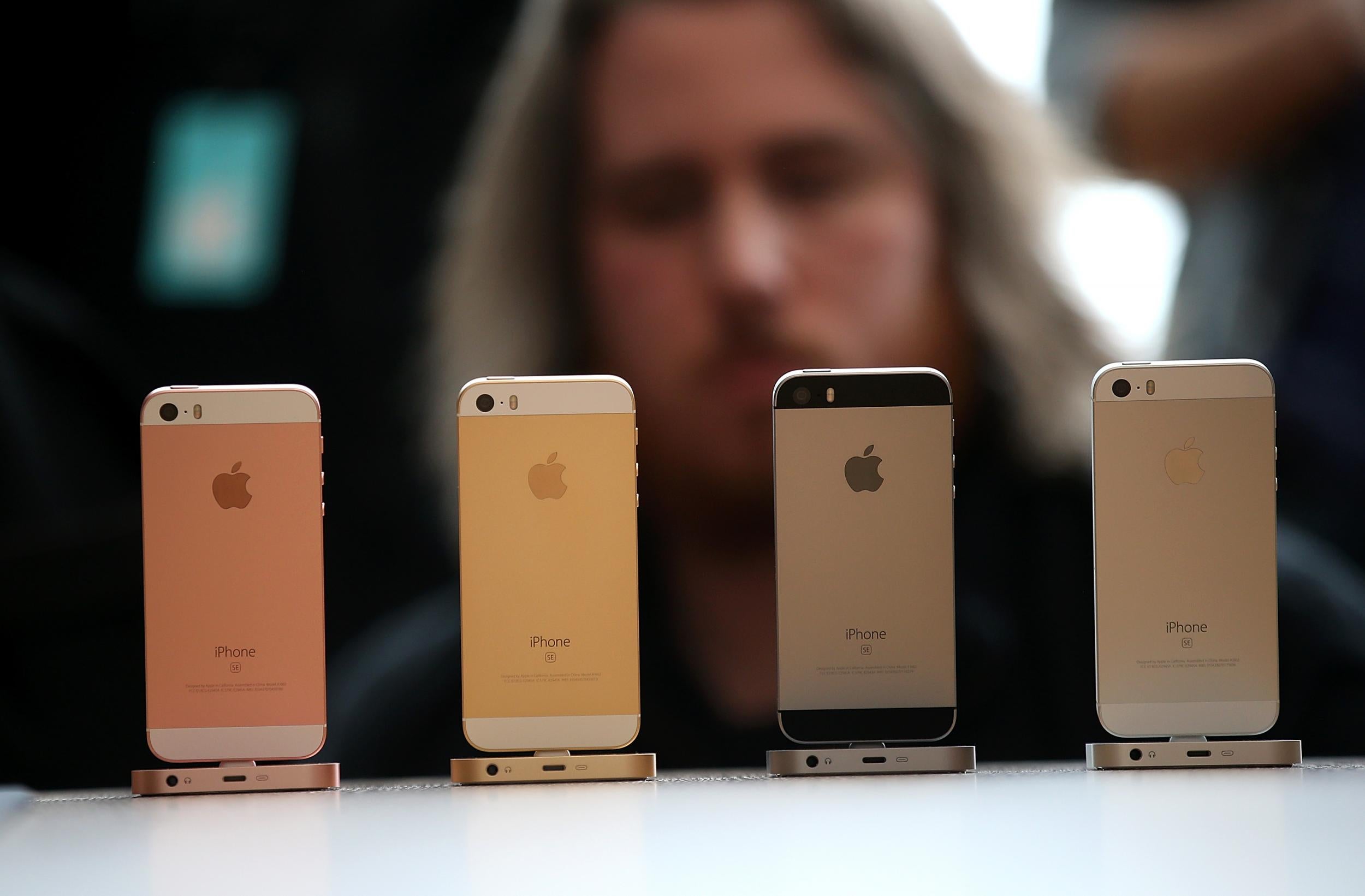Smartphone manufacturers are looking beyond smartphones for the next big trend
The evolution of the smartphone is slowing down - and tech companies are looking for other devices to popularise

Your support helps us to tell the story
From reproductive rights to climate change to Big Tech, The Independent is on the ground when the story is developing. Whether it's investigating the financials of Elon Musk's pro-Trump PAC or producing our latest documentary, 'The A Word', which shines a light on the American women fighting for reproductive rights, we know how important it is to parse out the facts from the messaging.
At such a critical moment in US history, we need reporters on the ground. Your donation allows us to keep sending journalists to speak to both sides of the story.
The Independent is trusted by Americans across the entire political spectrum. And unlike many other quality news outlets, we choose not to lock Americans out of our reporting and analysis with paywalls. We believe quality journalism should be available to everyone, paid for by those who can afford it.
Your support makes all the difference.After Apple unveiled a re-packaged iPhone 6 at its most recent event, it seems like the evolution of the smartphone is slowing down.
Smartphones are more capable than ever, but major changes are becoming less and less common.
The Samsung Galaxy S7 may have a nicer-looking screen, a better camera and a faster processor than its predecessor, but there's nothing truly revolutionary there - a smartphone which comes out tomorrow may be an improvement on the one that came before it, but it's basically the same when compared to the difference between the Nokia 2630 and the first iPhone, which were released months apart in 2007.
Now, manufacturers are looking past smartphones, for new platforms to conquer. Wearable tech items like smartwatches, smart earpieces and even smart jewellery aren't nearly as ubiquitous as smartphones, and consumers haven't quite warmed to them yet.
However, advances are being made with voice-controlled 'personal assistants' like Siri. Amazon, Microsoft and Google have taken this tech and made it useful with Alexa, Cortana and Google Now, which are already being used to send emails, set reminders and generally make our lives a little easier.
As financial analyst Richard Windsor told Reuters: "The way the whole thing is evolving, the device itself is becoming just another way to provide access to a user's digital life."
Reuters also reported that smartphone makers will generate around $323b (£229) in revenue this year - that's a huge amount, but it's a 1.4 per cent decrease compared to last year.
So manufacturers may have to turn to the next big thing to keep pushing forward, whether that's in wearables, innovative new hardware like flexible screens, or software - after all, a phone can be more powerful than any other device on the market, but users wouldn't be interested if they couldn't flick through Facebook and take the occasional picture with it.
The last 10 years have undoubtedly been the decade of the smartphone, but they're now ubiquitous and only improving incrementally. We may not know what the ruling device will be in 2026, but tech companies are trying their hardest to find out.
Join our commenting forum
Join thought-provoking conversations, follow other Independent readers and see their replies
Comments